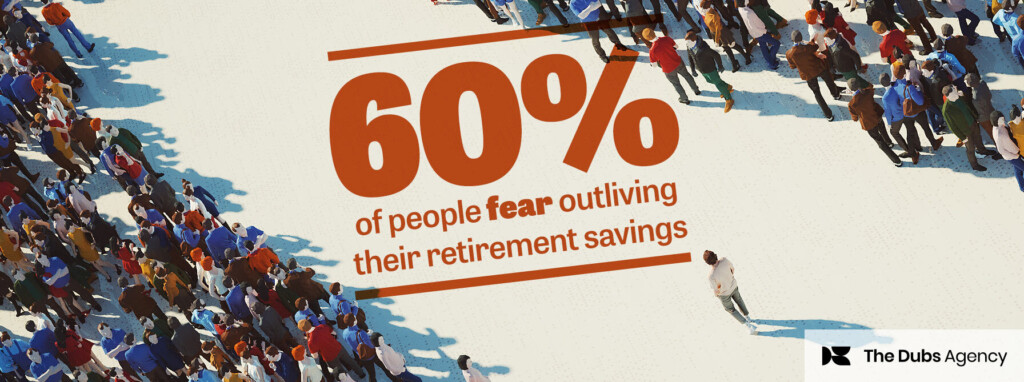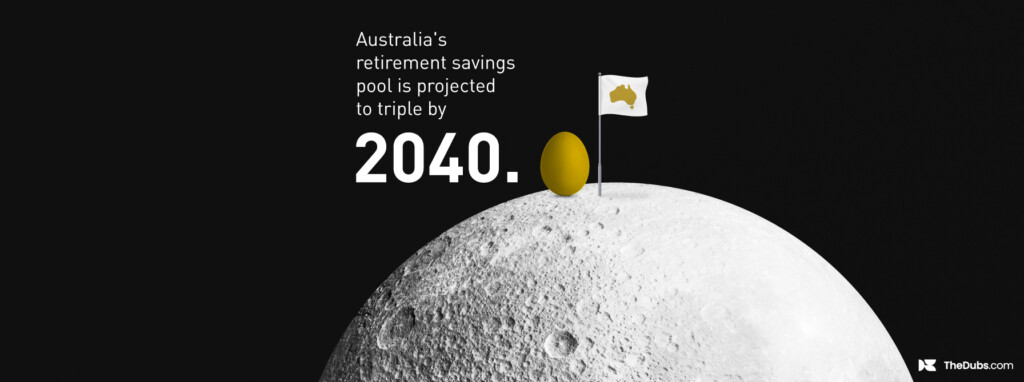The idea of big brands opting to promote products or campaigns on dating apps like Tinder and Bumble may sound crazy, but for many, it has been a great way to get to those hard-to-reach Millennial and Gen Z demographics. Let us explain the method behind the madness.
Firstly, let’s talk volume. Young people are using dating apps in their millions – it’s estimated that Tinder has 75 million users, while Bumble boasts more than 27 million downloads across the world. They’re getting a lot of screen time too – a recent survey suggests that the average UK millennial will spend up to 10 hours a week on dating apps browsing for their next beau.
It’s particularly interesting to delve a little deeper into how the apps’ users respond to marketing and advertising. A study of Tinder users by Global Web Index suggests that 82% like to try new products and nearly 2 in 3 Tinder users would describe themselves as brand conscious.

Graph from Global Web Index
By marketing through a dating app, a brand will benefit from enormous reach and exposure to an audience who identify as being receptive to advertising.
So by marketing through a dating app, a brand will benefit from enormous reach and exposure to an audience who identify as being receptive to advertising. Makes sense, right?
But don’t just take our word for it. Here are a few examples of brands swiping for success on dating apps:
Ford Mustang x Tinder

Ford’s partnership with Tinder offered app users a date in a Mustang. Generating more than 1.5 million interactions, 10 lucky people were paired up and sent on a date ending at a drive-in movie. Ford wanted to position its Mustang as an iconic model and raise brand awareness amongst a younger audience.
Alice + Olivia x Bumble

Fashion brand Alice + Olivia partnered with Bumble to promote a special sale on date-night looks, employing influencers to model the outfits. This partnership is a great example of leveraging aligning brand values as both Alice + Olivia and Bumble are female-led.
National Health Service x Tinder

The final unlikely partnership is between the UK’s NHS and Tinder. The aim of this campaign was to inspire a generation of young people to sign up to become organ donors. Using recognisable celebrities to grab users’ attention, the campaign encouraged those who swiped right to find out more about organ donation and sign up on the spot.
So it can be done. But if incorporating a dating app into your finance brand’s marketing campaign is still a little too left of field, it is worth considering how the familiar functions and user experiences of a dating app might tie into your online presence. Brands like Sephora have built a swiping functionality into their web store to make the most of the new generation of online browsers. But just think, If it were as easy as swiping right to rate and engage with your content, think of the insights that could be gained.
Related articles
- Finance brands act now or say bye bye bye to millennials
- What banks don’t realise about millennials and money
- Finance marketing to millennials









